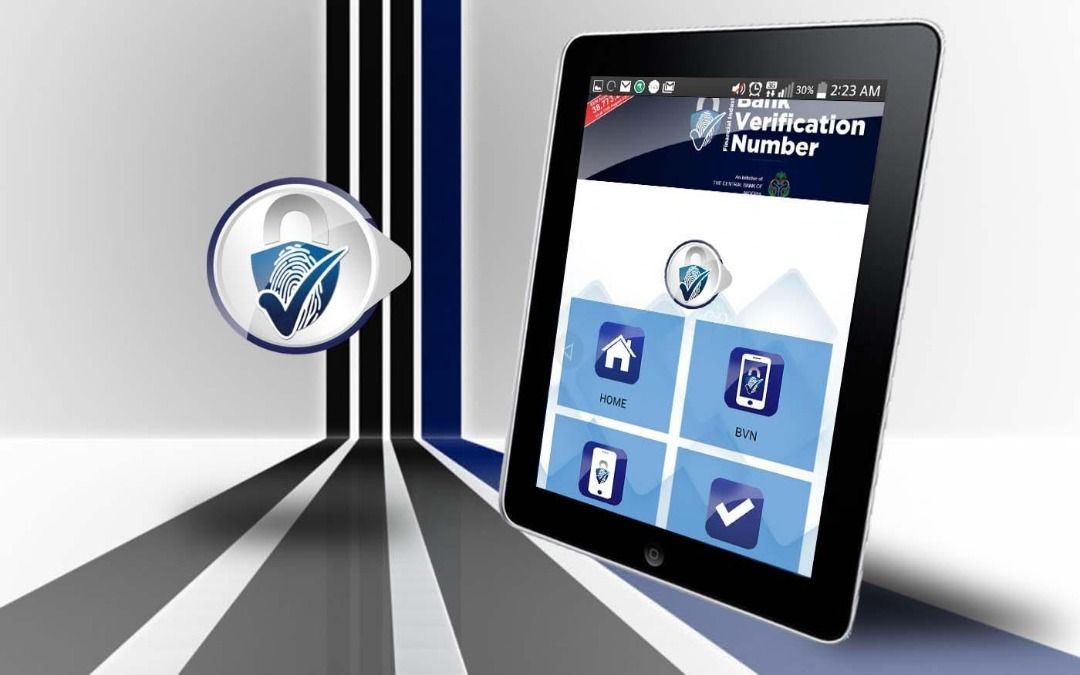The Central Bank of Nigeria (CBN) has imposed an e-payment ban on 572 bank customers’ Biometric Verification Numbers (BVN) due to fraudulent activities.
The central bank also announced plans to assess the country’s payment system in order to prepare for future development in electronic banking transactions.
This information was given by Adewuyi Adeyemi, Deputy Director of the CBN’s Payment System Department, at the 34th CBN seminar for finance correspondents and business editors, which was recently conducted in Calabar, Cross Rivers State.
According to him, the decision was spurred by the difficulties and extensive transaction failures that bank clients encountered during the naira redesign programme, which witnessed an increase in e-payment transactions.
Adeyemi went on to explain that the 572 consumers’ BVNs were added to a watchlist, resulting in their removal from the e-payment system. As a result, these customers must execute banking transactions in person at the bank branch where their account is registered.
He explained that the bank accounts were placed on the watchlist for a variety of reasons, including suspected fraudulent or unlawful actions, violations of financial legislation, or noncompliance with anti-money laundering standards. According to Techpression, when accounts are placed on a watchlist, they are closely monitored by the CBN and other relevant agencies in order to prevent potential financial crimes and maintain regulatory compliance.
Read also: CBN Monitors 6,047 BVNs for Fraud
Infrastructure audit for e-payment
Adeyemi stated that the recent spike in transaction volume had both advantages and disadvantages, and these spikes occurred twice in the last four years, during the COVID-19 pandemic and in January of this year, during the currency redesign.
“During the COVID, we had Payment System Vision, PSV 2020, where we were trying to drive e-payment adoption across many sectors of the economy. COVID actually pushed the bar because our target for e-payment transactions was actually exceeded.
“The same thing happened this year. I can say we were actually not ready for the spike in volume we experienced during the naira redesign. That is one of the reasons why we decided internally that this year we should actually conduct an infrastructure audit based on the principle of Financial Market Infrastructure, which is an international standard.
“We have done it before. It was part of the PSV 2020. We did it in 2018. So we know how to do it. We are not doing it as CBN. We are actually hiring a foreign consultant to do it to ensure there is no bias.
“The audit will give us an opportunity to benchmark our maturity level against international standards. That way we will be able to identify gaps in our infrastructure that we need to close if you really want to be there.”
How to check your NIN number on MTN, Airtel, 9mobile, and Glo
How CBN e-payment audit will affect bank customers
The audit of the Central Bank of Nigeria (CBN) e-payment system is likely to have several potential impacts on bank customers, both in the short and long term.
During the audit, there may be some disruptions to the e-payment system, which could cause delays or errors in processing transactions. Customers may experience longer wait times or failed transactions, which could cause inconvenience and frustration.
One potential benefit of the audit is that it could lead to improved security measures for e-payment systems. This could help to prevent fraud and other forms of cybercrime, which could benefit customers by reducing the risk of financial loss.
The audit could identify areas where the e-payment system could be streamlined or made more efficient. This could lead to faster, more reliable transactions, which could be a benefit to customers who rely on e-payment services.
The audit could potentially lead to changes in the e-payment market, such as new providers entering the market or existing providers improving their services. This could increase competition, which could lead to better services and pricing for customers.
While the short-term impacts of the audit may be disruptive, the long-term benefits could be significant. A more secure, efficient, and reliable e-payment system could help to promote economic growth, financial inclusion, and technological innovation in Nigeria, which could benefit customers and the broader economy over time.




